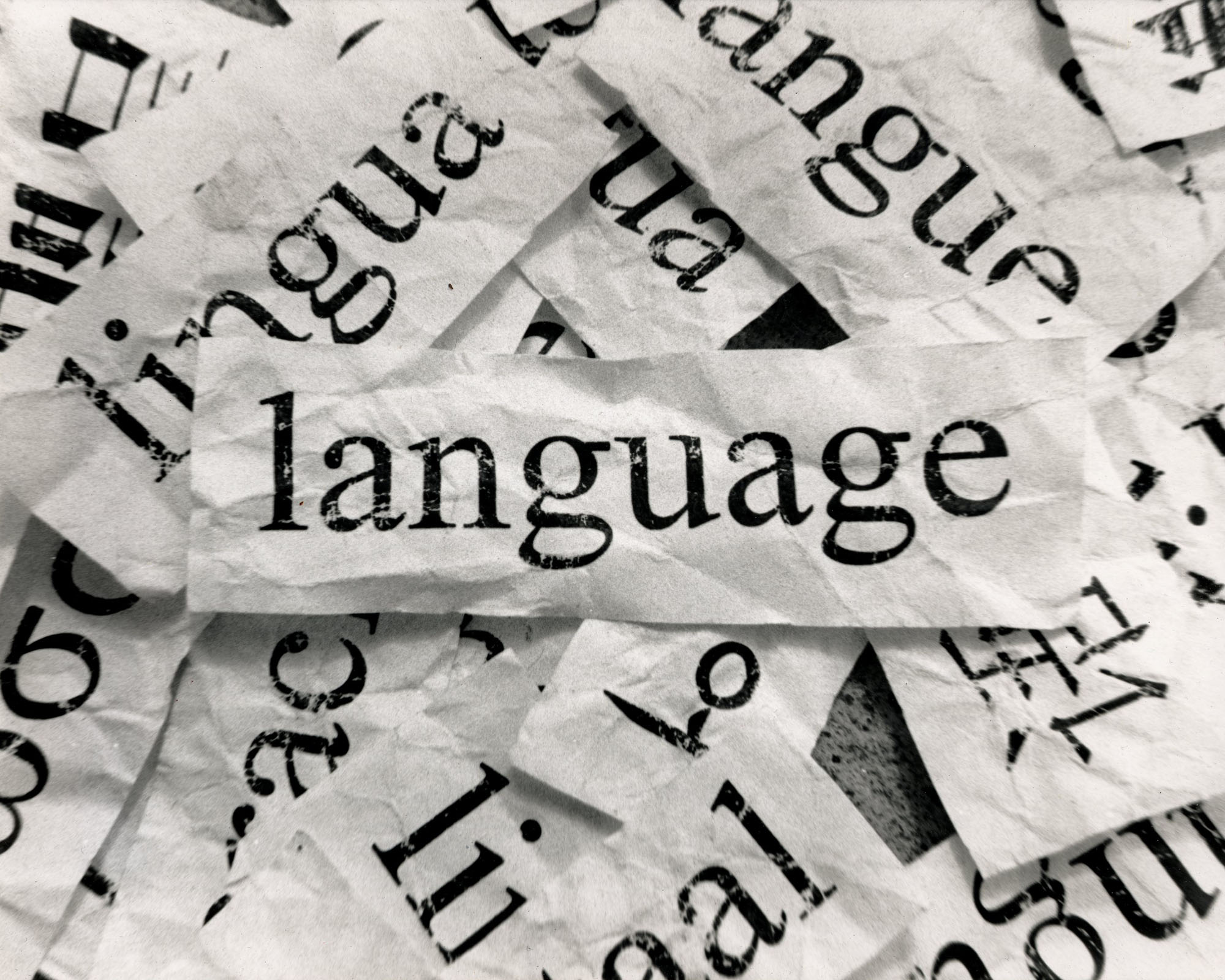Some argue that the historical and current bloodshed of Western imperialism has transformed the English language into a universal tool of communication. Through centuries of colonialism, neocolonialism, Cold War expansionism, and, most recently, globalization, the West has spread its preferred systems of capitalism, democracy, and moral values. The British, until the beginning of the 20th century, and more recently the Americans, have emerged as the major sources of foreign influence throughout the globe. As a result of this, contemporary English is detached from any specific cultural identity; it is a tool which links different societies in an increasingly smaller world.
The first population to speak English was the British. About five hundred years ago, between five and seven million people spoke the language; today, about 1.8 billion people do. Processes of violent imperialism have paved the way for the cultural pandemic originating in the West. Until the 19th century, the British were the major superpower, and their method of colonization included establishing schools which taught English language and Western culture to locals who needed to be “modernized.” Most former British colonies now use English as their official language (e.g. Ghana and South Africa). Ever since the US colonized Puerto Rico after winning the Spanish-American war (note the absence of Puerto Rico, or Cuba, in the name of the war), the official languages on the island became Spanish and, of course, English.
Today, English is the third most spoken language in the world and tops the list of second languages. English is a necessity for studying at the most prestigious institutions of higher learning, a ticket to working almost anywhere in the world, and an instrument enabling a livelihood in the wealthiest nations. It has become the norm for non-native English speakers to communicate with other non-native English speakers in English if they do not share a native language. For example, Amsterdam is now populated by a large foreign community; most Italian, Spanish, and Chinese nationals who work there use English in the office to communicate amongst themselves and Dutch locals.
This phenomenon feeds into the growth of social inequality linked to globalization. The majority of the time, English learned as a second language in public schools does not create a proficiency level adequate for working, studying, or relying on the language in daily life. Private language courses, summer exchange programs abroad and access to international schools are expensive and limited to a privileged minority. As is common, this kind of globalization seems to only benefit the rich.
As English becomes the new global norm for large-scale business, innovation, and science, indigenous languages rich in cultural heritage and history often get put to the side. For example, in Puerto Rico, international trade and a Western econo-political system undermine small businesses and local traditions. As Rafael Trelles, a member of the Puerto Rican Independentista Party claims, “Colonialism has destroyed the working culture of the most poor sectors of our population and created a culture of dependence.” People dedicate their time and resources to learning and perfecting their understanding and knowledge of English, rather than preserving their own customs and culture.
The process of globalization leads people to visualize an array of opportunities and an exponentially better future linked to the English language. A language is not only an instrument of communication, however. It is also the tool of a society, made up of its culture, traditions, and sets of religious and ideological beliefs. Each language has nuances which represent its origin. Replacing indigenous Kenyan Kiembu with English is comparable with marginalization of the that particular culture. Okoth Okombo, a professor of linguistics at the University of Nairobi, summarises this: “The death of a language is like the burning of a library.” According to UNESCO, about 231 languages have gone extinct in the world, 37 of which originated in Sub-Saharan Africa. These indigenous languages were replaced by Western ones imposed by colonizers.
English has also become the main language used in science. Doctors around the world use English to communicate their findings. Most research papers are written in English as a way to facilitate international scientific cooperation. Although this may seem like a necessity to promote scientific discovery, the resulting gap is problematic. The researchers who have not had the chance to learn English are at a disadvantage. The triumph of English in science is just one example; the language has infiltrated the most influential aspects of society around the world. The consequence is a more divided world: Those who can speak English and have access to innovation versus those who do not have the means to learn the language and, therefore, lag behind.
These processes suggest a disconcerting implication – globalization is simply a more “socially acceptable” means of imperialism, without violence. While the Western language, and therefore culture, penetrates Third World communities especially, the West has increasingly more economic and political influence over these countries.
Should this development only be seen as negative? Globalization and the expansion of the English language have resulted in oppression and inequality. But the creation of this widespread, unintentional, tool can also be put to positive use. If accessible to everyone, it can be used to avoid cultural misunderstandings, conflict, and promote coexisting diversity. If the preservation of other cultures is given the same importance and value as spreading English is currently receiving, the language can be an addition, not a replacement, to a naturally evolving culture’s array of nuances.
